The content of the article
Mediterranean olives - a delicious treat at the holiday table. A nursing mother during lactation has much to deny herself, so the question arises whether it is possible to eat these delicious berries without harm to the baby.
Unfortunately, most of the fruits are presented in industrial canned form, so it is unlikely that they will be useful for mom and crumbs. It is important to know exactly how to distinguish natural olives from chemically-treated olives, and what consequences should be expected from their intake.
The benefits of olives during lactation
Scientists say that ripe oil berries have a positive effect on the quality of milk. Salted olives are harvested by the method of continuous lactic acid fermentation, as a result of which they do not lose their beneficial properties.
First of all, they contain a number of unsaturated fatty acids (oleic, Omega), which ensure the health of the skin, hair and nails.This property is important for infants in the first month of life, when there is a complete renewal of its skin, hair follicles develop. Also, the structure of these fatty acids resemble lipids that breast milk contains, so they are good building blocks for the immune system, brain tissue, cardiovascular and hormonal systems.
Vitamin E in the composition of the fruit is a powerful antioxidant that prevents the oxidation and aging of cells, promotes the absorption of other vitamins (A, K), fights free radicals.
Polyphenols in olives protect the heart and blood vessels, strengthen their walls, which is important in the first months of life of the crumbs.
Mediterranean dish contains dietary fiber, which improves gastric motility and intestinal motility, prevents the occurrence of constipation. It is believed that olives in the diet of a nursing mother help to reduce colic in the crumbs, improve his appetite.
Another undoubted advantage is low calorie content. An oily culture containing fatty acids remains a dietary product that can be generously flavored with vegetable salads and homemade pizza.
How to choose a product
When breastfeeding useful only natural olives, which are characterized by the following features.
- Price. Unprocessed with chemistry fruits are several times more expensive.
- Quality mark. On the jar with the product look for the inscription, which indicates a natural fermentation or the absence of chemical processing methods.
- No iron gluconate. Component E579 is commonly added to canned olives to give them a beautiful and persistent dark color. Natural fermented berries look inconspicuous, unevenly colored and stained, and can be cast in a purple or brown shade.
- No caustic soda. Component E524 accelerates the process of fermentation of olives and allows them to get rid of bitterness. However, it is very dangerous for health - it stops cell division, damages the skin and mucous membranes. Of course, its concentration in olives is small, but suddenly it will be enough to harm the immature baby?
- Taste. Natural olives are more juicy and keep moisture well, but they are also soft. Industrial berries are often very elastic and keep a good tone, which in this case, unfortunately, indicates a low quality.
Side effects
Nutritionists everywhere use olives due to the concentration of unsaturated fatty acids and low calorie content. There are no strict contraindications to the use of berries, however, there are side effects associated with the use of industrial product:
- abdominal cramps;
- indigestion (acute diarrhea, nausea, vomiting);
- general weakness and dizziness;
- acute food allergies (including diathesis in a child).
With prolonged abuse of chemical olives increases the risk of complications:
- Violation of the internal organs (kidneys, liver, brain).
- Destruction of skin or mucous surfaces as a result of exposure to caustic soda.
- Unstable work of the heart.
- Reduced permeability and elasticity of blood vessels.
- Ulcerative lesions of the gastric and intestinal mucosa, as well as the risk of gastritis, enterocolitis, increased acidity.
Yes, it is extremely dangerous to eat industrial olives. Every mother should consider whether she has the opportunity to provide herself with guaranteed natural product. And is it worth the opportunity to indulge in the risk berries that can be applied to the health of the baby.
Video: the useful olives and olives

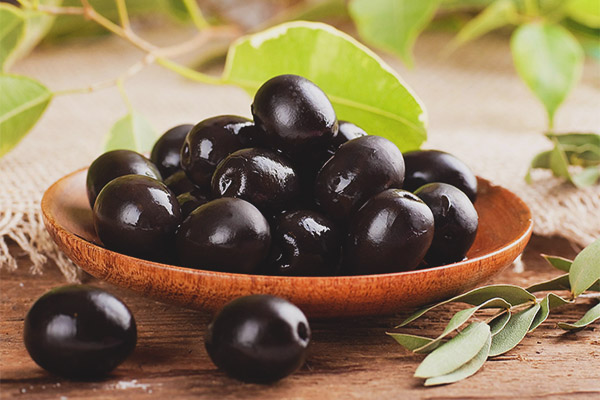
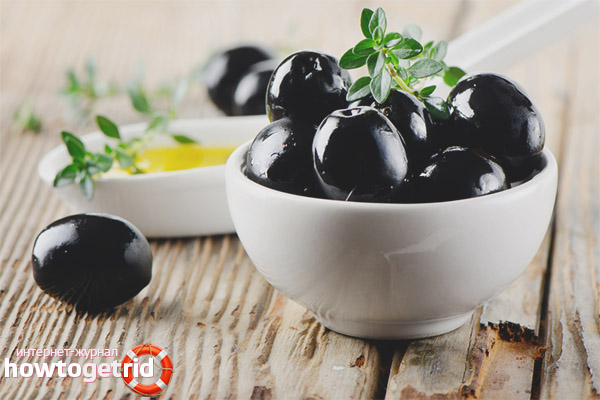


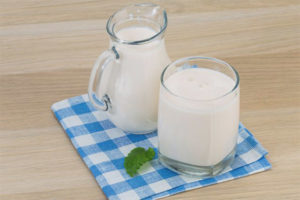

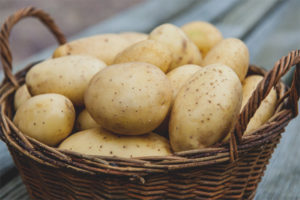
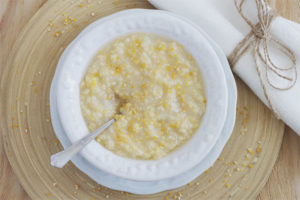
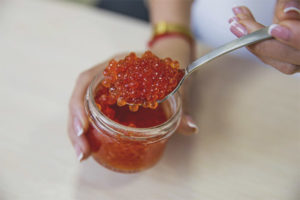
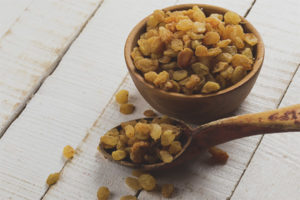
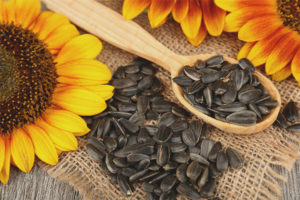
To send